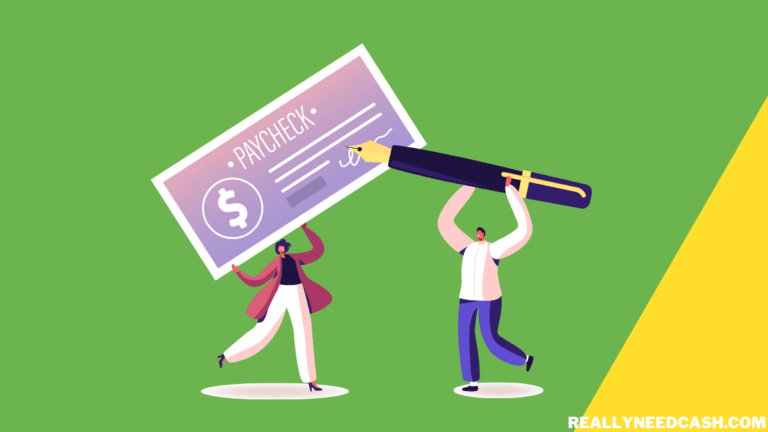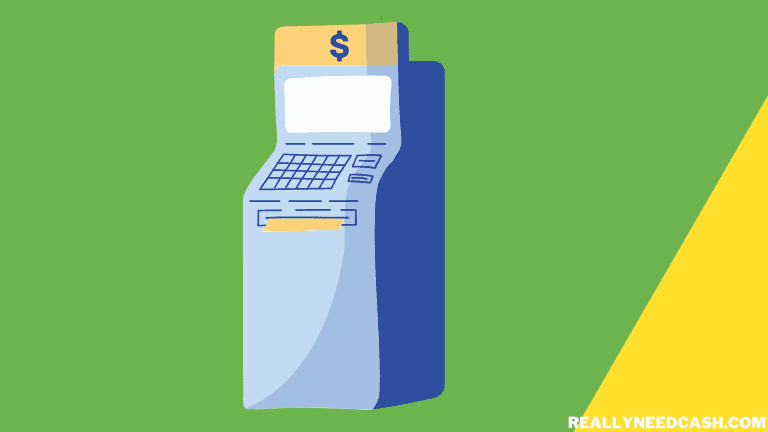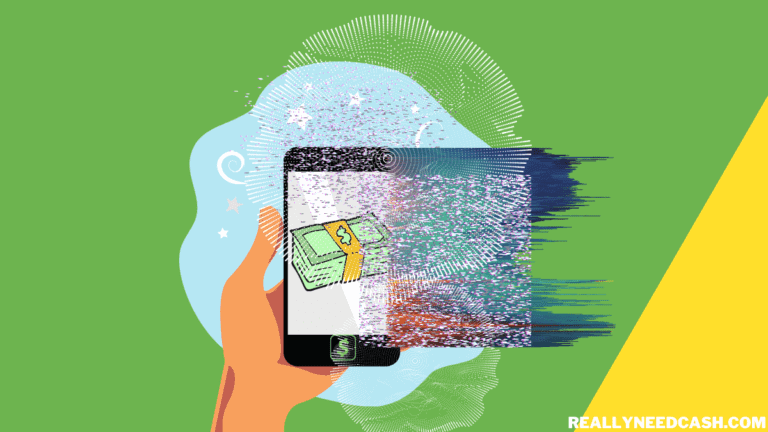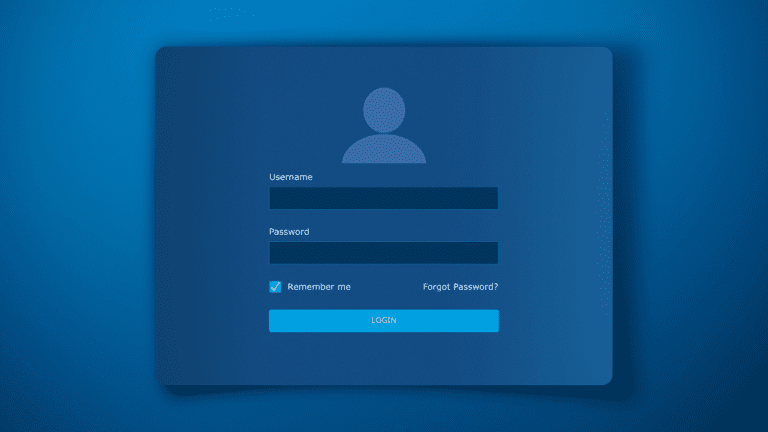Revenue Streams of Cash App
Cash App generates income through various strategies that ensure a steady flow of revenue. Key areas include service fees, Bitcoin trading, and the Cash Card program. Each of these plays a significant role in how the app operates financially.
Service Fees and Charges
Cash App charges service fees for several transactions. For businesses using the platform, there is a processing fee of 2.75% for payments received through Cash App for Business accounts. This creates a direct revenue stream from businesses that accept payments via the app.
Additionally, Cash App charges fees for instant deposits. Users can transfer money to their bank accounts instantly but must pay a 1.5% fee for this convenience. Regular bank transfers remain free but take up to three business days. These little fees add up and help Cash App maintain its profitability.
Bitcoin Trading
I find that Cash App’s approach to Bitcoin trading is a major part of its revenue model. Users can buy and sell Bitcoin directly within the app. When they make transactions, Cash App earns revenue from trading fees.
The trading fee structure varies. Cash App generally takes a small commission from each transaction. In 2023, Bitcoin trading significantly boosted Cash App’s earnings, creating a robust income stream from crypto enthusiasts looking to engage in the market.
Cash Card and Boost Program
The Cash Card feature is another important revenue source. Users can order a Cash Card linked to their account for free. However, the cash card also offers a feature called “Boost,” which allows users to earn discounts at certain merchants.
When users make purchases with their Cash Card, Cash App earns interchange fees from those transactions. These fees are what merchants pay to accept card payments. As more people adopt the Cash Card, these fees contribute significantly to the app’s growth and profitability. Plus, the Boost program encourages spending, which can lead to increased transaction volume and revenue.
Monetization Through Partnerships and Investments
Cash App generates revenue through various partnerships and investment opportunities. These strategies enable the platform to offer broader financial services and improve user experience while generating income.
Investments and Stocks
Cash App allows users to invest in stocks and cryptocurrency, making the investment process accessible. They offer features like fractional shares, which let me buy a portion of expensive stocks without needing a lot of money upfront.
I can also trade Bitcoin directly through the app. This feature not only attracts users interested in crypto but also adds to Cash App’s revenue through trading fees. Additionally, partnerships with stock trading platforms help enhance service offerings and attract more users. Cash App’s investment capabilities align with my financial goals while keeping the experience user-friendly.
Direct Deposits and Financial Services
Direct deposit services simplify how I receive my paycheck or government benefits. Cash App partners with companies to offer secure and quick deposits, making transactions seamless.
Moreover, the app provides budgeting tools and savings options, which help me manage my finances better. Cash App may charge fees for some services, such as ATM withdrawals or instant deposits, which contributes to their revenue. These financial services create a comprehensive platform that meets various needs for personal finance management while generating income from these active users.
User Engagement and Network Growth
Cash App attracts users with its simple features, tools, and incentives. The app thrives on peer-to-peer transactions and promotional efforts. This combination helps expand its user base and increase engagement regularly.
Peer-to-Peer Payments
I find Cash App’s peer-to-peer payment system to be user-friendly. Sending and receiving money takes just a few taps on my smartphone. With over 55 million monthly active users, Cash App allows individuals to transfer money easily to friends or freelancers.
Using $cashtags makes transactions quick. It’s a unique username that simplifies payments without needing phone numbers or email addresses. For those who enjoy sending money to friends, this feature enhances convenience.
Unlike PayPal or Venmo, Cash App offers a smooth experience for merchants as well. Businesses can accept payments without hassle, broadening their reach and increasing user engagement. This ease of use boosts popularity among various user groups, whether they are artists selling products or individuals saving money through effortless transfers.
Incentives and Promotions
Cash App knows how to keep users engaged. I’ve seen numerous incentives that attract new users and maintain loyalty. The referral bonus program is a standout; I can earn free money by inviting friends to join. It’s apt for those wanting to expand their Cash App accounts.
Additionally, special promotions like Cash App Fridays offer users chances to win exciting prizes. This keeps me coming back and checking for updates. Another appealing aspect is the loyalty program, where I can earn cashback rewards on transactions. Such incentives help e-commerce growth while creating a community atmosphere around the app.
These strategies not only solidify user engagement but also strengthen Cash App’s network growth, making it a popular choice for millions across the United States.
Frequently Asked Questions
Cash App has various ways to make money, which contributes to its success. These different revenue streams reflect how the app operates and benefits financially from its services. Here’s a closer look at some common questions about Cash App’s earnings.
What revenue streams contribute to Cash App’s profitability?
Cash App generates revenue in several ways. One significant source is through merchant fees when users make purchases using their Cash Card. The app also earns income from instant depositing fees, trading commissions, and other user transaction fees. Each of these streams adds to its overall profitability.
How does Cash App benefit financially from stock transactions within the app?
When users buy or sell stocks through Cash App, the platform earns money from trading fees. Although the app allows for certain trades without fees, it may conduct transactions for payment flow, where it routes orders through different brokerages. This can create additional revenue for Cash App.
What are the methods through which Cash App earns from user transactions?
Cash App earns from user transactions primarily through fees associated with instant deposits and cash withdrawals. For instance, there may be a fee for users who want their funds transferred immediately to a bank account. Regular transfers that take one to three business days are typically free, encouraging users to keep their money within the app longer.
Can users generate income using Cash App, and if so, how does this impact the platform’s earnings?
Yes, users can earn income using Cash App through its investment options, including stocks and Bitcoin. While this can allow users to grow their wealth, it also benefits Cash App financially. The app can earn commissions from trades or fees from transactions, linking user success with its revenue.
How does Cash App’s parent company, Square, report earnings from this service?
Square reports earnings from Cash App as part of its broader financial results. The income generated from Cash App is broken down into different categories, such as transaction-based revenue and subscription services. This provides a clear view of how much the app contributes to Square’s overall profitability.
In what ways does Cash App ensure security for its revenue and user funds?
Cash App prioritizes security to protect user funds and its revenue. It employs encryption, two-factor authentication, and advanced fraud detection methods. These measures help maintain user trust and ensure that financial transactions within the app remain secure.




